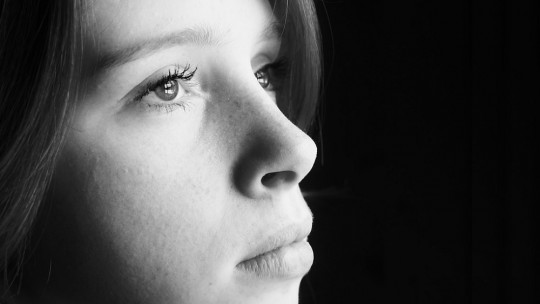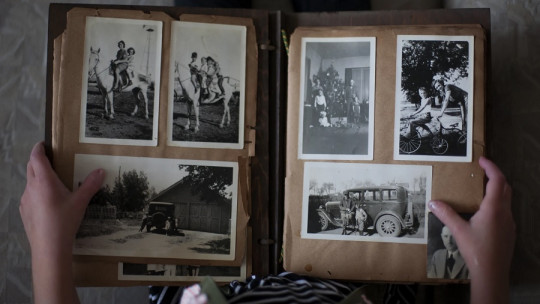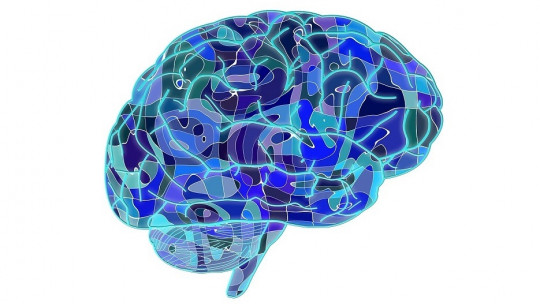When we start to think about how memory works, it is very easy to fall into the temptation of thinking that the brain works like a computer. Thus, the most intuitive thing is to believe that memories are actually information stored in the past that remains isolated from the rest of the mental processes until we have to remember those experiences, knowledge or skills. However, we also know that memories often offer a distorted image of the past.
Now… are memories imperfect because they deteriorate with the simple passage of time, or is it that what we experience after having “memorized” that information modifies our memories? In other words, are our memories isolated from the rest of the metal processes that occur in our brain, or do they mix with them to the point of changing?
Which brings us to a third, more disturbing question: can false memories be created? An American psychologist named Elizabeth Loftus has dedicated several years of her life to researching this topic
Elizabeth Loftus and cognitive psychology
When Elizabeth Loftus began her research career, cognitive psychology was beginning to reveal new aspects about the functioning of mental processes. Among them, of course, memory, one of the topics that generated the most interest as it was the basis of learning and even people’s identity
However, in the judicial field there was another reason, much more pragmatic, why it was very convenient to investigate the study of memory: it had to be determined to what extent the information given by witnesses attending trials was reliable, or by the victims of crimes themselves. Loftus focused on studying the possibility not only that the memories of these people could be false or completely modified but rather that it was other people who introduced false memories into them, even if it was intentional.
The car experiment
In one of his most famous experiments, Loftus recruited a series of volunteers and showed them recordings in which they could see vehicles colliding with each other. After this stage of the investigation, the psychologist verified something very curious.
When the volunteers were asked to remember the content of the recordings, very specific phrases were used to tell them that they had to recall what they had seen. For some people, the phrase he used contained the word “contacted,” while others changed this word to the term “hit,” “collided,” or “smashed.” The rest of the sentence was always the same for all people, and only the word used to describe the action of colliding changed. What the volunteers were asked was to give their opinion about the speed at which the vehicles they had seen were traveling.
Although all the volunteers had seen the same thing, Elizabeth Loftus noticed that the way in which they were asked to remember what appeared in the videos altered their memories People who had been given instructions containing the words “contacted” and “hit” said that the vehicles were going at a lower speed, while their speed was significantly higher if the people they had been with were asked. the terms “collided” and “smashed” had been used.
That is, people’s memories varied depending on the degree of shock intensity suggested by the words used by the members of the research team. A single word could cause volunteers to conjure up slightly different scenes about what they had seen
At the mall
With the car crashing video experiment, Elizabeth Loftus provided evidence about how information given in the present can alter memories. However, His discoveries went further by showing that it is possible to “introduce” false memories into memory through suggestion
This research was somewhat more complicated, since to carry it out it was necessary to have information about the lives of the volunteers. That is why Loftus colluded with friends or family of each of them.
In the first phase of the research, the volunteers were told, one by one, four anecdotes about each of their childhoods. Three of these memories were real, and the explanations about these experiences had been constructed thanks to the information that the volunteers’ relatives had given to Loftus, but one was false, completely invented. Specific, This fictional anecdote was about how the participants had gotten lost in a shopping center when they were little
A few days later, the volunteers were interviewed again and asked if they remembered anything about the four stories that had been told to them in the first part of the study. One in four people said they remember something about what happened when they got lost at the mall. But also, when told that one of the four stories was false and asked to guess which of them was pure fiction, five of the 24 people who participated failed to give the correct answer. With minimal effort on the part of Elizabeth Loftus, a false memory had settled in his memory
The implications of these studies
The discoveries made by Elizabeth Loftus They were a violent shock to judicial systems around the world , essentially because they pointed out that memories can be distorted without us realizing it and that, therefore, first-hand information given by witnesses and victims does not have to be reliable. This made the resource of supporting versions of what happened with material evidence considered very necessary.









